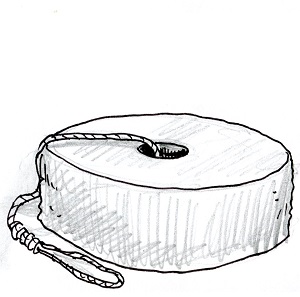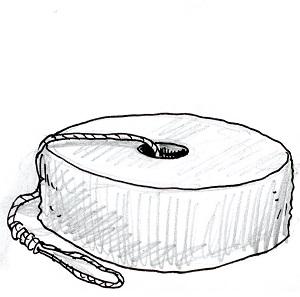

"The Apostles said to the Lord, 'Increase our faith.'" (Luke 17:5).
Wis 1:1-7; Ps 139; Luke 17:1-6
Today's short gospel passage is filled with Semitic hyperboles that exaggerate to reveal the urgency and emphatic power of Jesus' message.
Someone who scandalizes or seduces another into sin risks spiritual death, and Jesus says it would be better for that person to have a millstone put around his or her neck and be cast into the depths of the sea than to cause harm to an innocent one. Pretty strong language, but it reveals his profound indignation at some sins.
Yet, if sin is this serious, so mercy is even more powerful. Jesus continues with another hyperbole to say that if someone offends you seven times in a single day but also asks forgiveness seven times, you should do so. This, too, is stretching the point to make the case for mercy.
Finally, when his Apostles realize how challenging Jesus' message is, they ask him to increase their faith. He tells them that if they have faith the size of a tiny mustard seed, they can order a mulberry tree, known for its deep roots, to replant itself in the sea, and it will obey. Another hyperbole to teach them that once faith is at work, nothing is impossible.
The Word is trying to get our attention, so it draws powerful pictures about the dangers of sin and the depth of God's mercy. Jesus wants us to be spared the terrible consequences of evil and also to never lose hope in the power of faith and forgiveness. There is nothing we cannot accomplish if we are formed by the Word of God.
The intimacy of God’s care for us cannot be exaggerated. Psalm 139 reminds us even in times of sin, doubt and discouragement, God knows us thoroughly and lovingly. The image of being hemmed in, past present and future, affirms that we can never escape or even comprehend God’s knowledge and love:
“Behind me and before, you hem me in and rest your hand upon me.
Such knowledge is too wonderful for me; too lofty for me to attain” (:4-6).
Revised from 2016
Advertisement




